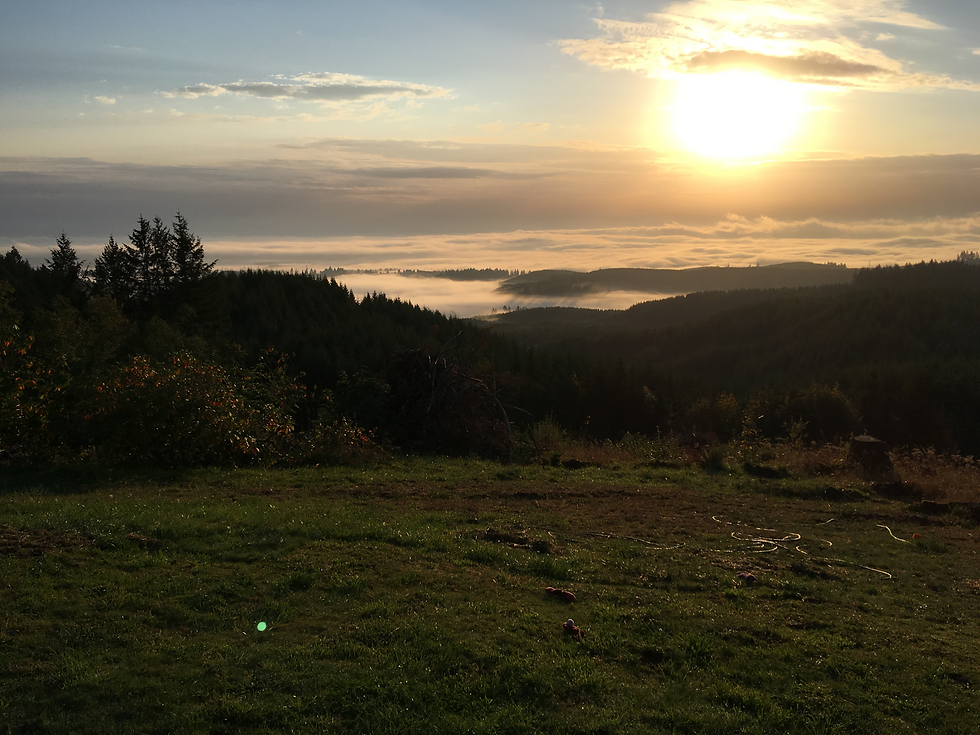A week ago marked the start of the Willamette Valley farming season. Peas and plowing are historically the start of the season; on President's Day. This seasonal schedule is co-linked with when a plow can turn the soil; the normal amount of rain. Lots of rain this year, so its about time to think about your summer garden.
February is when you plant peas and winter crops of greens, kale and other cabbage family friends. Come March, lettuces and other greens go in. April brings flowers and most other vegetables, but tomatoes and squashes come to play in May. Corn, too land intensive, belong on farms, and not the small gardens of our neighborhoods.
Composting is a year around gardening mainstay. Turning compost piles should happen about twice a year. It takes around 18-30 months to turn compost and grass clippings into usable soil. Red wiggler worms are excellent additions to you piles. Soil enhancers like seaweed, bone meal and mineral rich additives which are based upon various and easily measurable acidities of the soil. You can use simple ph strips or plant our hydrangea's blue means alkaline, shades of red give the level of acid. Lime; calcium is the basic tool for our mostly too acidic soils.
Plant, and thin according to germination levels of seeds and room needed for adult growth. Most plants don't need much grooming, but tomatoes and tobacco need lower leaf trim off's. Fruit trees benefit by selective trimming's, the healthier the branch, the greater the fruit growth. Trimming's should be done in late fall and early spring, when the tree's energy is in the roots. Nuts typically need less management than fruit, with some trees producing a whole lot of starts, and these should be cut to the soil, to allow the primary tree to have all the root space. Hazelnuts and prunes are probably the most aggressive members of this category of reproduction. If a tree has aged considerably, then you can choose one, two or three side starts to plan for the future, taking the most vertical and healthiest of the babies. I will talk futher this year about composting and trimming, but for now, enjoy the good life and grow as much home, organic foods as you are able. Fresh and ripe are the highest standards of our garden foods.

Comments